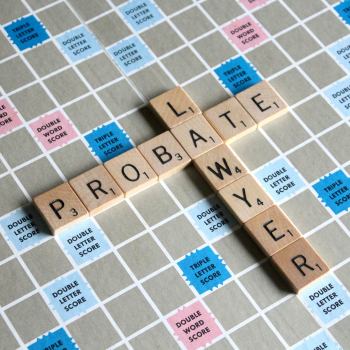At some point in every adult’s life, whether birthdays or health problems or family changes such as birth of a child or parents needing care makes us think about what happens to our assets and our families’ well-being when those changes occur. Here are some thoughts derived from years of experience.











